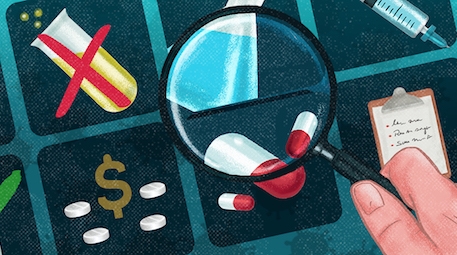
When it comes to health, access to accurate and timely information can make the difference between life and death. Yet worldwide we see a growing problem of health misinformation, spreading fast online and promoting fear. The consequences are often dire.
That’s why, as an ICFJ Knight Fellow, I am building a network of collaborators across Latin America and launching Salud con Lupa, a digital, collaborative journalism platform dedicated to compelling, investigative coverage of public health. (Salud con Lupa means “health under a magnifying glass.”) Our network includes Latin American journalists, media personnel and professionals from different disciplines — including technologists, illustrators, photographers and physicians — who are interested in improving the quality of information available to the public about health.
We believe that this work is urgent. The healthcare systems throughout the Americas are already in peril. Millions of people lack adequate medical coverage, while the provision of health services has become a multimillion-dollar business lacking transparency.
Each member of our network contributes reporting on critical issues, such as the cost of medicines, the inequality of access to health services, and the prevention and control of diseases like cancer and diabetes. Through this comprehensive network, Salud con Lupa seeks to promote a healthy lifestyle based on the dissemination of reliable information, independent of commercial interests.
Our goal is to combat the proliferation of health mis- and disinformation, as well as expose government failures and the abuse of power by private companies. In doing so, we seek to improve health services, and ultimately protect fundamental human rights.
I want Salud con Lupa’s research to improve the quality of public debate and the authorities' decision-making process. Above all, we want our findings to be part of citizens' everyday conversations. We want people to talk more about health, and to understand the seriousness of health information, especially since many issues involved are directly connected to the economy, as well as to local and global politics. This should be a continuous topic of discussion. If we only think about health once we get sick, it is too late.
In the 1990s, a simple campaign promoting proper handwashing helped to control a cholera epidemic in several Latin American countries. On the other hand, measles, a disease once thought to be eradicated, is reappearing in several parts of the world in large part because of mis- and disinformation about vaccines.
False health data spreads fast on the web to promote fear and mislead us to believe disinformation that results in dire consequences. Combating this epidemic requires high doses of healthy journalism.
Fabiola Torres is an ICFJ Knight Fellow based in Lima, Peru.